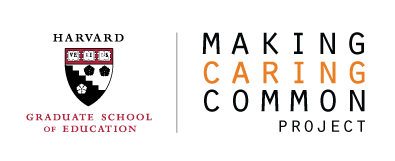Gender biases and/or discrimination is surprisingly common in many schools and sometimes happens beneath school staff’s radar. As adults, we can shed light on these important topics that often go undiscussed at school. These discussions can be challenging. For some youth, this is an immensely personal or even heated topic that brings up questions of equality and privilege. Others may question whether gender biases even exist. Finally, the idea that biases can be implicit—and discrimination unconscious—may itself be a novel concept to some teenagers.
Fortunately, the payoff in broaching these topics is huge. By allowing children to explore this topic, share ideas for improvement, and participate in community-building and empathy-promoting activities, you are taking steps towards ensuring that your classroom or school is a place where everyone is respected, supported, and empowered.
Read More






